Living on a budget of $1,500 a month might seem challenging, but several U.S. cities offer an affordable yet comfortable lifestyle. Here’s a detailed look at ten cities where your dollar stretches further without compromising on quality of life.
El Paso, Texas
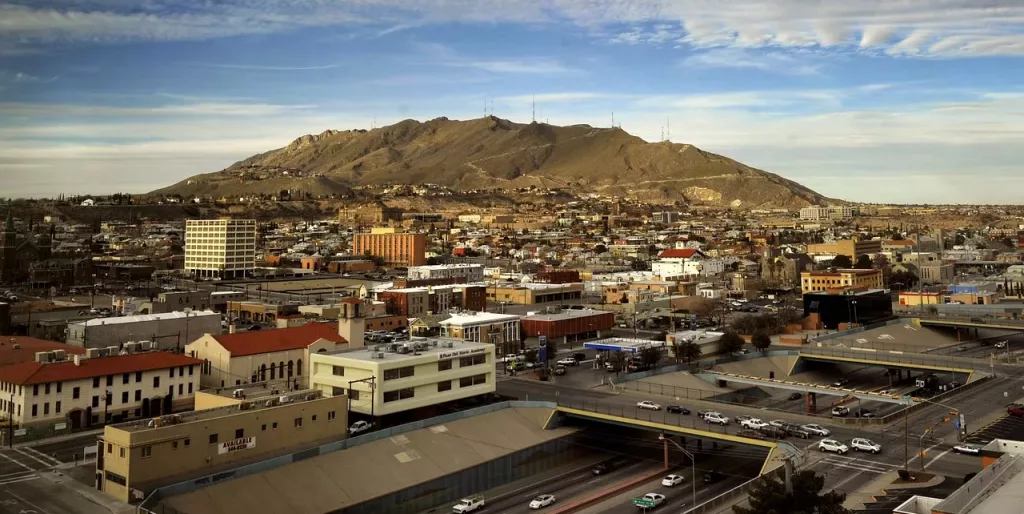
El Paso, Texas, offers a lower-than-average cost of living, making it possible to live comfortably on $1,500 a month. El Paso’s cost of living is 18.1% lower than the national average. Housing is affordable, with the typical home price at $195,600 and rent for a two-bedroom apartment averaging around $1,060 per month. Utilities and transportation costs are close to the national average, while groceries and healthcare are slightly above the Texas average but still manageable within the budget. El Paso provides excellent air quality and diverse cultural and recreational activities, making it a city that balances affordability with quality living.
Fort Wayne, Indiana
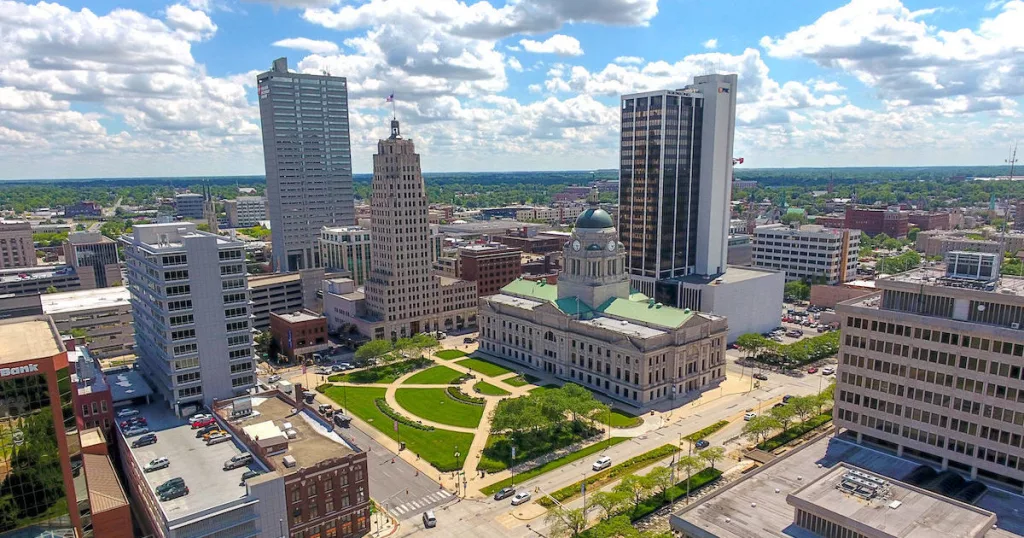
Fort Wayne, Indiana, is another city where living on a budget of $1,500 a month is feasible. The city’s cost of living is 4.4% lower than the national average, with housing costs 31.2% lower. The average rent for a one-bedroom apartment is reasonable, and purchasing a home is within reach for those on a budget. Utilities for a typical apartment average around $133.72 per month, and transportation costs are lower than many other cities. Groceries are slightly below the national average, and healthcare expenses are 11% lower, contributing to the overall affordability. Fort Wayne offers a strong community spirit and various cultural and recreational activities.
Kalamazoo, Michigan
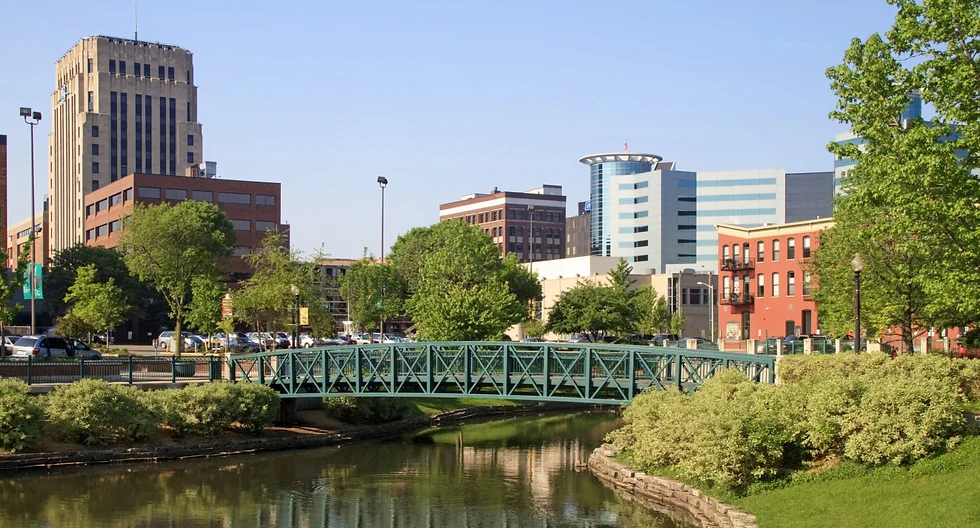
Kalamazoo, Michigan, offers a cost-effective environment with a cost of living 12.3% lower than the U.S. average. Housing is affordable, with a typical home costing around $193,100 and rent for a two-bedroom apartment averaging $1,020 per month. Utility costs are relatively low, and transportation expenses are reasonable. Groceries are slightly above the Michigan average but manageable, and healthcare costs are 9% lower than the national average. Kalamazoo boasts a vibrant community with educational institutions, cultural activities, and a strong sense of community.
McAllen, Texas
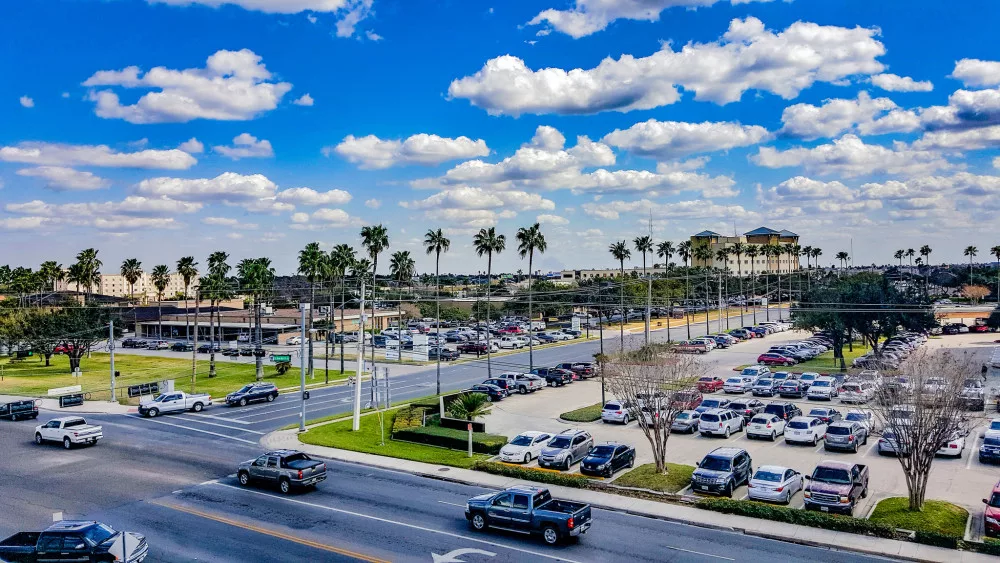
McAllen, Texas, is a city where a budget of $1,500 per month provides a comfortable lifestyle. The cost of living is 23.5% lower than the U.S. average. The average rent for a one-bedroom apartment is around $900 in the city center and $692 outside. Basic utilities for a 915 sq ft apartment cost about $157 monthly. Transportation and grocery prices are affordable, and healthcare expenses are below the national average. McAllen has a rich cultural scene and warm climate, adding to its appeal.
Knoxville, Tennessee
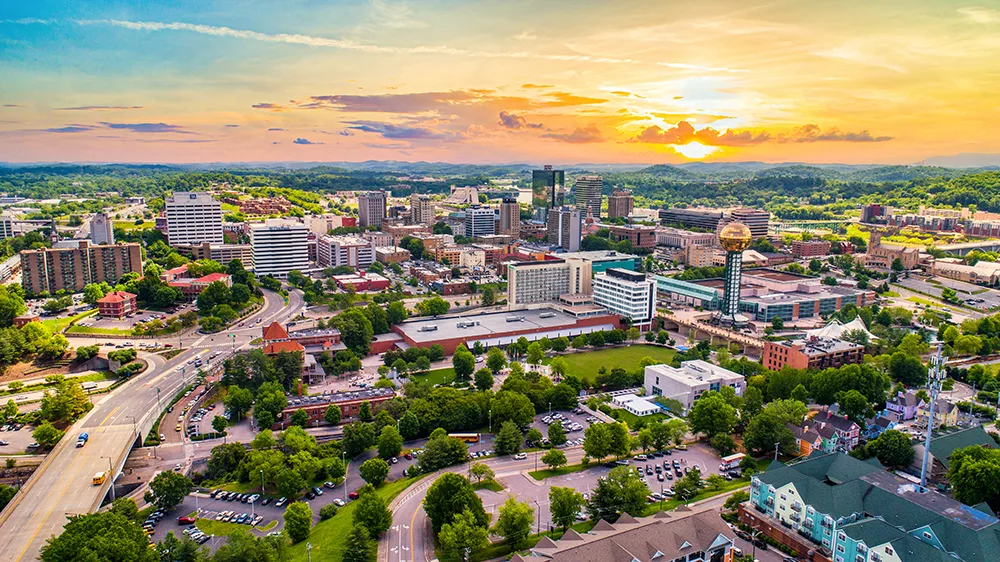
Knoxville, Tennessee, is another city where a budget of $1,500 a month can offer a comfortable lifestyle. The cost of living is 8.4% lower than the national average, with housing expenses 20.6% lower. The average rent for a one-bedroom apartment is reasonable, and utilities for a 915 sq ft apartment average around $192.81 per month. Grocery prices and healthcare expenses are below the national average. Knoxville offers various cultural and recreational activities and a strong community spirit.
Oklahoma City, Oklahoma
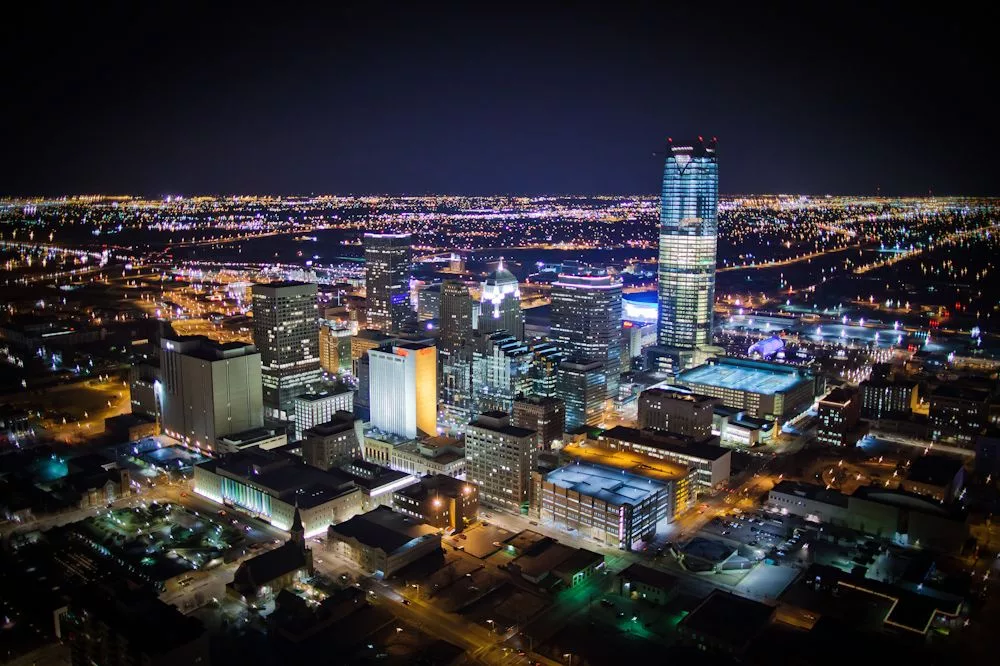
Oklahoma City, Oklahoma, offers an affordable lifestyle with a cost of living 3.8% lower than the national average. Housing costs are 19.0% lower, with a typical home costing around $187,700 and rent for a two-bedroom unit about $1,090 per month. Utilities and transportation costs are slightly below the national average. Grocery costs are 94.7% of the national average, while healthcare expenses are 21.1% lower. Oklahoma City has a vibrant cultural scene and a friendly community, making it a city where affordability meets quality living.
Wichita, Kansas
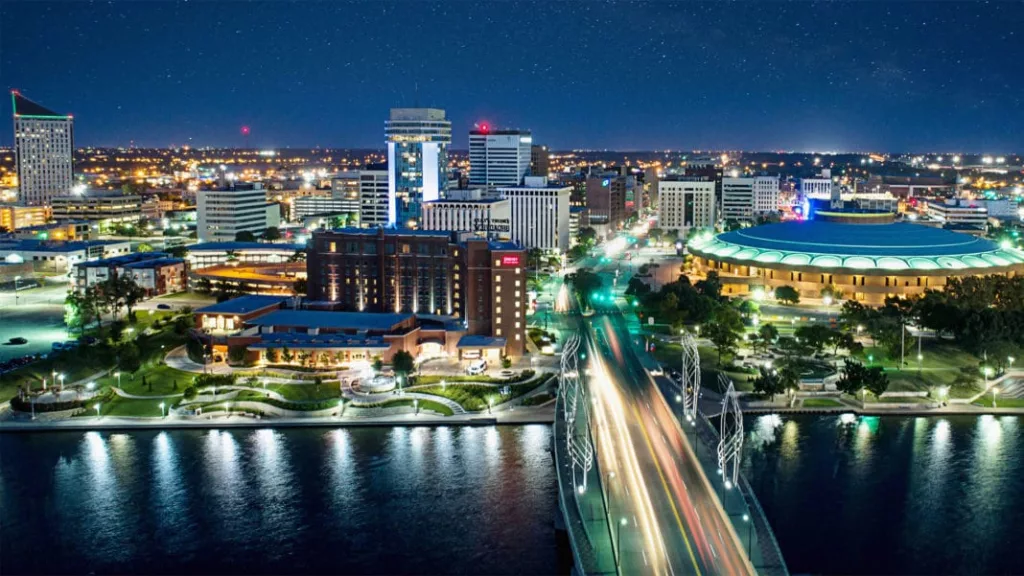
Wichita, Kansas, is a city where living on a budget of $1,500 a month is achievable. The cost of living is 35.5% less expensive than in New York. Housing costs are very affordable, with rent prices 75.6% lower than in New York. Utilities for a 915 sq ft apartment average around $145 monthly. Transportation and grocery costs are manageable, and healthcare expenses are lower than the national average. Wichita offers a good quality of life with various cultural and recreational activities.
Augusta, Georgia
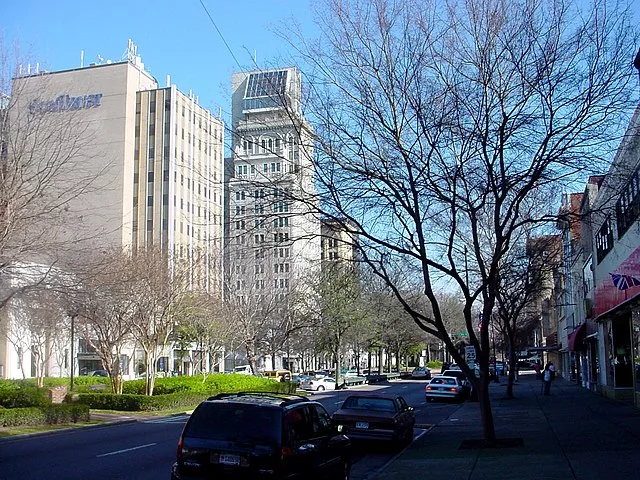
Augusta, Georgia, offers a cost-effective lifestyle with a cost of living 20.0% lower than the U.S. average. Housing expenses are 37.2% lower, with the average rent for a two-bedroom apartment around $1,050 per month. Utilities for a 915 sq ft apartment average around $160. Transportation and grocery prices are slightly below the national average, and healthcare expenses are 12.3% lower. Augusta is known for its rich history and various cultural activities, making it an appealing choice for those seeking affordability without compromising on quality of life.
Mobile, Alabama
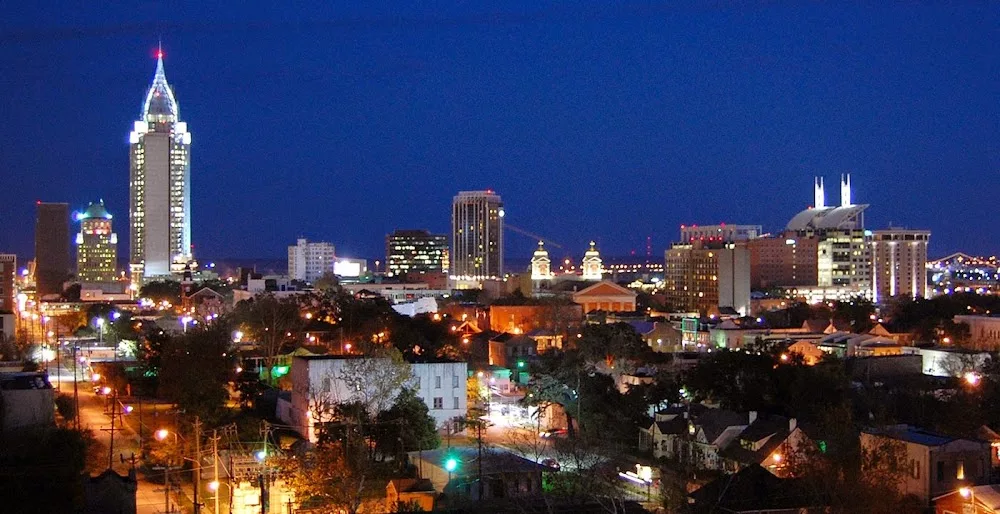
Mobile, Alabama, offers a comfortable lifestyle on a budget of $1,500 per month. The cost of living is 15.9% lower than the U.S. average. Housing costs are quite reasonable, with the average rent for a two-bedroom unit about $1,010 per month. Utilities for a 915 sq ft apartment average around $146.88 per month. Transportation and grocery prices are affordable, and healthcare costs are likely to be more affordable due to the overall lower cost of living. Mobile is known for its rich cultural scene, historical sites, and proximity to the Gulf Coast.
Tucson, Arizona
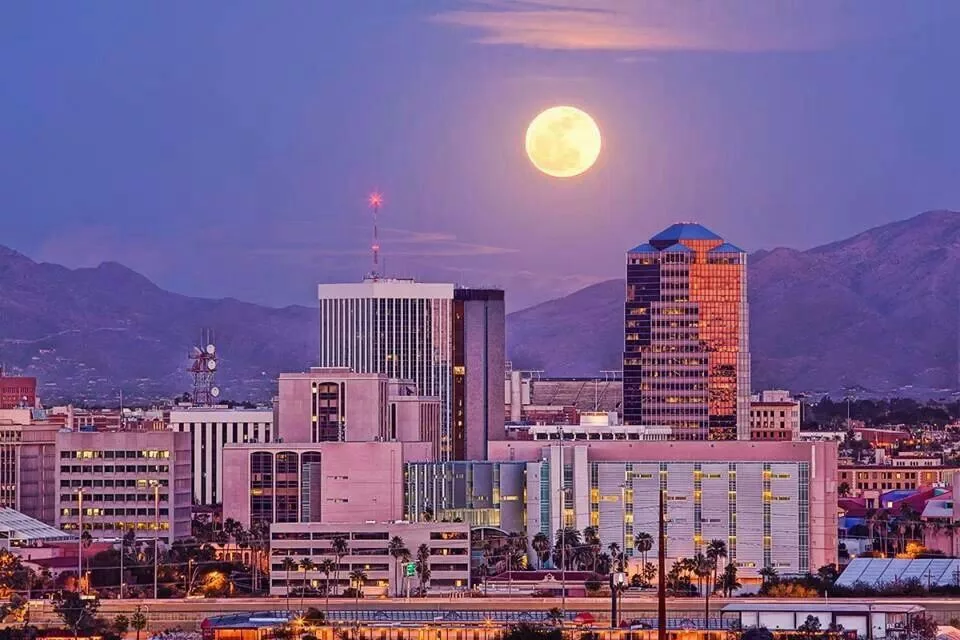
Tucson, Arizona, offers a comfortable lifestyle on a budget of $1,500 per month. The cost of living is 3.0% lower than the U.S. average. The average rent for a two-bedroom unit is around $1,200 per month. Utilities for a 915 sq ft apartment are estimated at $304.06 per month, and transportation costs are affordable. Grocery prices are reasonable, and healthcare expenses are 14.6% lower than the national average. Tucson is known for its beautiful desert landscapes, outdoor activities, and vibrant arts community.
These ten cities demonstrate that living comfortably on $1,500 a month is possible. Each city offers a unique blend of affordability and quality of life, making them attractive options for those seeking to stretch their dollars further. By focusing on housing, utilities, transportation, groceries, and healthcare, you can find a city that fits your budget and lifestyle needs. Remember, personal needs and preferences vary, so it’s essential to conduct thorough research and possibly visit these cities to determine which one best suits your lifestyle and financial goals.